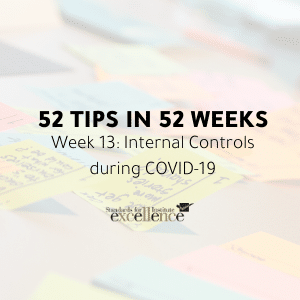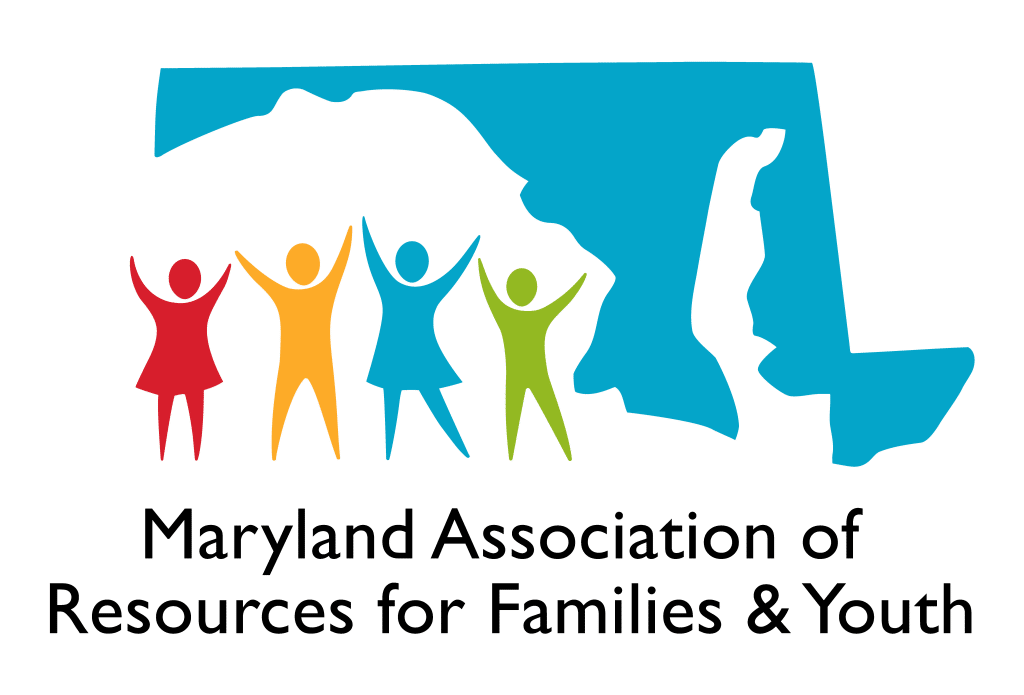Esto forma parte de una serie especial, ofrecida por el Instituto de Normas para la Excelencia, para proporcionar a los líderes de organizaciones sin ánimo de lucro un breve consejo semanal sobre gobernanza y gestión de organizaciones sin ánimo de lucro a lo largo de 2020. Esperamos que estos breves consejos le sean útiles a usted y a las organizaciones sin fines de lucro a las que sirve. Si tiene sugerencias para temas futuros, envíelas a acmadsen@standardsforexcellence.org.
This has been an exceedingly stressful time for people, a time of uncertainty and mixed messages and having to adapt to a new style of operations. For some, this pandemic has meant that operations have ceased; but, for many, your programs continue.
Your nonprofit’s revenue may be significantly lower for the next few months now that physical interaction is a safety hazard, and stay-at-home orders are in effect in many states. Nonprofit fundraisers and programming cannot proceed as anticipated, and many individuals are not able to work. Therefore, how you monitor, assess, and make use of your limited resources is critically important, and keeping track of your spending is even more so. The Standards for Excellence: An Ethics and Accountability Code for the Nonprofit Sector provides guidance here, stating: “Nonprofits should have written financial policies that are adequate for the size and complexity of the organization. These policies should address investment of the assets of the organization, internal controls, purchasing, and unrestricted current net assets.”
Ideally, you already have a policy for internal controls and are continuing to make use of it in these challenging times. Of course, during the COVID-19 pandemic, many nonprofits, by necessity, are finding that they must modify or revise some of their internal controls processes (whether due to staffing changes, inability to work in the physical office, or other challenges experienced in the midst of the crisis). Any modifications you are instituting in your practices should be carefully documented. The Standards for Excellence Code recommends that the internal controls policies should be in writing and should be approved by the board, so appropriate steps should be taken to ensure approval by the board as it is practical. (See our resource on Remote Board Meetings.) The following guidance from our resource packet on Internal Control and Finance Policies may be helpful to consider:
- Nonprofits should segregate duties so that steps in recording transactions are not all assigned to a single person.
- Nonprofits should limit access to passwords and physical media.
- Nonprofits should have a regular process for archiving transactions regularly and starting out fresh with new financial records.
- Nonprofits should have clearly written procedures for handling transactions (checklists that can be initialed after steps are completed can be helpful).
- Nonprofits should use sequentially numbered forms and documents, and accounting for all numbers.
- Nonprofits should take care to review procedures regularly and update them from time to time.
The Standards for Excellence educational packet on Internal Controls and Finance Policies includes helpful resources on what your Internal Control Policies should address, common misconceptions about why they are in place, and guidelines on what you should do.
Compartimos nuestros sinceros deseos de que sigan gozando de buena salud y paciencia mientras todos atravesamos estos tiempos difíciles e inciertos.
El Instituto de Normas para la Excelencia ha puesto a disposición gratuita durante este tiempo su Paquete Educativo de Políticas Administrativas, la Guía para el Trabajo a Distancia y los Recursos de Planificación para Crisis y Catástrofes.
Los miembros de Maryland Nonprofits tienen acceso a éste y a los 27 Paquetes de Recursos Educativos de los Estándares para la Excelencia a través del portal para miembros.
Blog Post: ¿Qué debe incluir el informe anual de nuestra organización sin ánimo de lucro?






